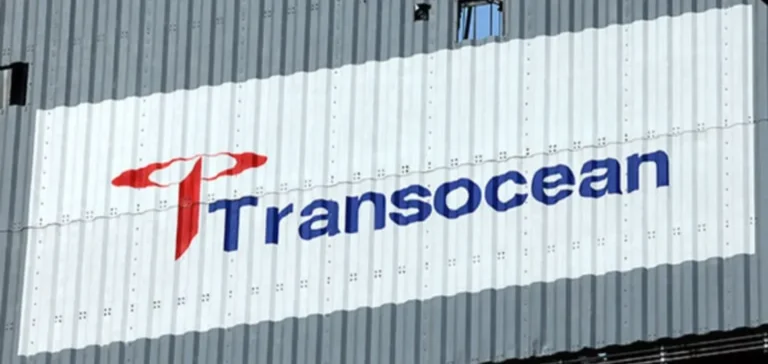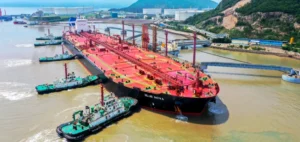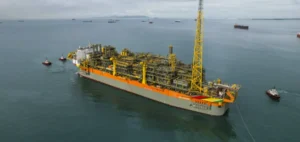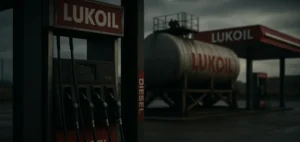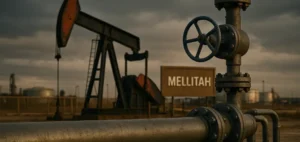Transocean, an international provider of offshore drilling services, recorded a net loss attributable to shareholders of $938mn for the second quarter 2025, equivalent to $1.06 per share. This result was mainly due to an asset impairment loss of $1.13bn, which significantly affected the quarterly results. However, the group’s revenue increased by $82mn compared to the previous quarter, reaching $988mn, supported by higher rig utilisation, increased operational efficiency and an additional day in the quarter.
Revenue growth and adjustment of operating result
Revenue generated by ultra-deepwater drilling units reached $699mn, up from $658mn in the previous quarter, while units operating in harsh environments contributed $289mn. The overall fleet utilisation rate rose to 67.3%, compared to 63.4% in the first quarter. Revenue efficiency, a key sector indicator, reached 96.6%, reflecting a high level of operational reliability across the portfolio.
Despite the increase in revenue, operating and maintenance expenses amounted to $599mn, down from $618mn in the previous quarter, mainly due to the resolution of certain litigations. After adjusting for exceptional items, adjusted net income was positive at $19mn for the period.
Improvement in cash generation and debt reduction
Cash generated from operating activities totalled $128mn, an increase of $102mn from the previous quarter, mainly due to higher client collections. Investments were limited to $24mn compared to $60mn in the first quarter. Long-term debt stood at $5.89bn as of June 30, while the group indicated it aims to reduce its debt by more than $700mn over the full year.
The order backlog amounted to $7.2bn as of July 31, providing the group with mid-term visibility on future revenues. Adjusted EBITDA margin reached 34.9%, up from 26.9% in the previous quarter.
Tax evolution and sector outlook
The effective tax rate was 14.2%, compared to -95.8% in the previous quarter, a change resulting from the recognition of impairment losses and the update of uncertain tax positions. Transocean continues to show stable activity indicators in a context of sustained demand for ultra-deepwater and harsh environment drilling capacity.
“We continue to improve our balance sheet structure and remain on track with our debt reduction targets, which contributes to enhanced value creation for our shareholders,” said Keelan Adamson, President and Chief Executive Officer. The group operates a fleet of 32 mobile drilling units, including 24 ultra-deepwater units and eight specialised for harsh conditions, thus consolidating its position in the offshore drilling market.


